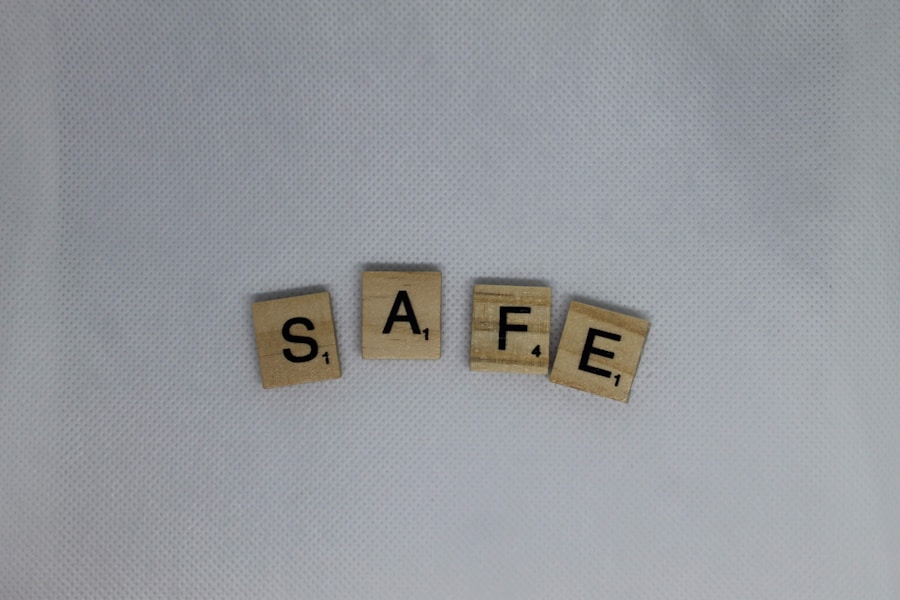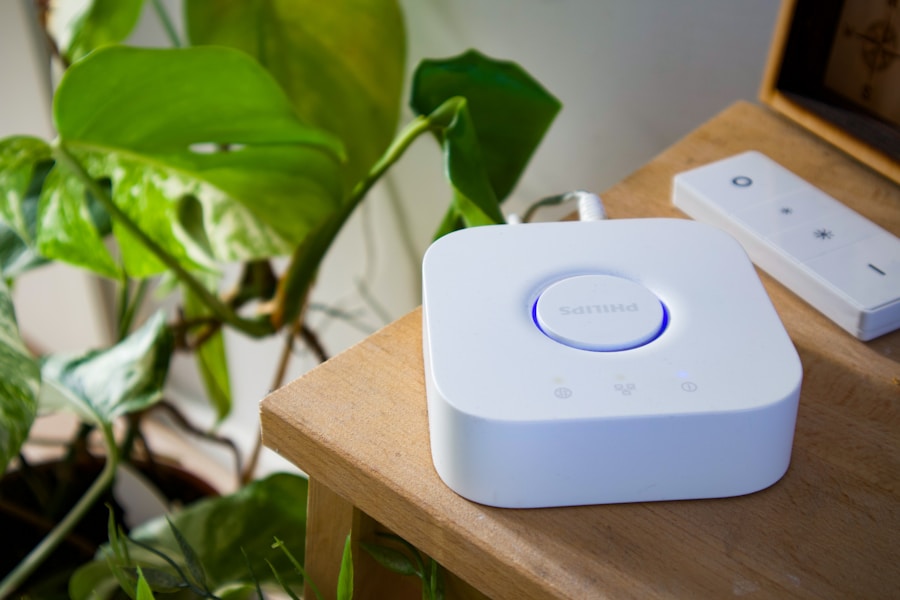The Art of Juggling: How Homes Ensure Shifts are Covered Without Sacrificing Quality
In a home environment, juggling shifts is crucial for maintaining a smooth and efficient household operation. Whether it’s managing work schedules, childcare responsibilities, or household chores, coordinating shifts ensures that all tasks are completed and everyone’s needs are met. Without proper planning and organisation, conflicts can arise, leading to stress and tension within the household. […]
The Art of Juggling: How Homes Ensure Shifts are Covered Without Sacrificing Quality Read More »









